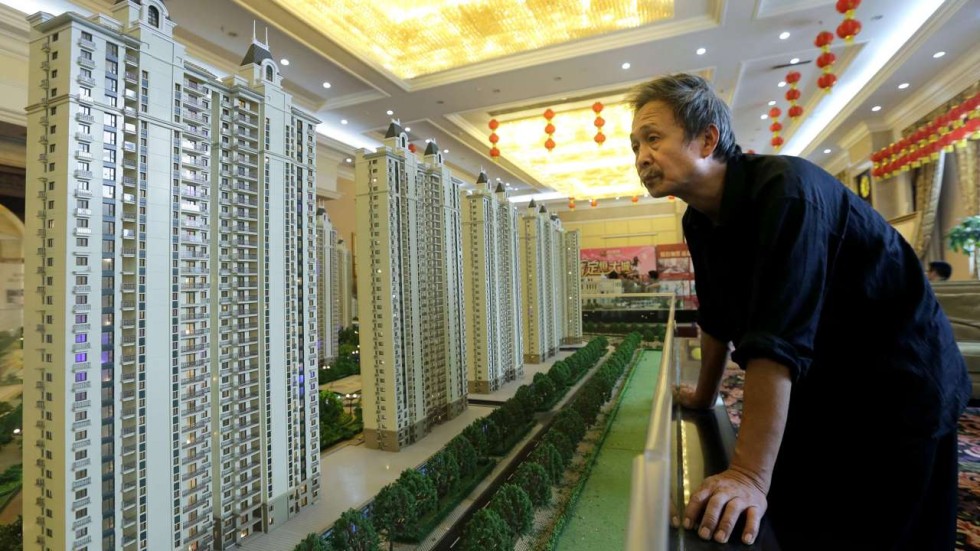One thing for sure, Singapore property prices will never be as high as Hong Kong’s
Singapore and Hong Kong are marching resolutely in opposite directions – property wise. While the latter is tightening restrictions, Singapore provided the property market with some much needed break.
The local property market has just received some hard-earned news – a reduced seller’s stamp duty and shorter holding period. The Total Debt Servicing Ratio (TDSR) will also no longer apply to mortgage loans with a loan-to-value (LTV) ratio of 50%.
New Rules For Homeowners
Effective 11 March 2017, stamp duty will only be payable if a homeowner sells his property within 3 years of purchase, down from 4 previously.
Now comes the more complex news – which only 1 in 3 homeowners can grasp.
The TDSR framework originally ensures that loan debt ratio are less than 60% of their gross monthly income, preventing over-ambitious property purchases that’s well beyond your financial means. It also serves to curb speculation but thanks to the underwhelming property market, Singapore simply wants to stimulate more activity in the market.
With the new LTV of 50%, homeowners can now borrow more, which in turn allows them to monetize their properties. It also encourages property investment since they are able to obtain more cash instead of having to put up more capital upfront.
This is all aimed at rearing our property market, which has been in a slump for 3 years now.
Hong Kong’s Game Plan – For Its Bullish Property Market
Hong Kong on the other hand chose to smack a 30% stamp duty after its prices shot up following a short-lived dip. For the uninformed, Hong Kong is the world’s costliest property market. According to Demographia, it takes an estimated average 19 years of median household income to buy a home in Hong Kong, putting property out the reach of the vast majority of citizens.
While Singapore isn’t cheap by any measure, regulations haven’t allowed affordability to deteriorate.
Public Housing Factor
One stark difference between the two property markets is public housing. We are all aware of how our property market is dominated by public housing, with BTO projects on the rise. This allows us to keep a tight lid on prices, and perhaps is also why property prices in Hong Kong are increasingly bullish.




















